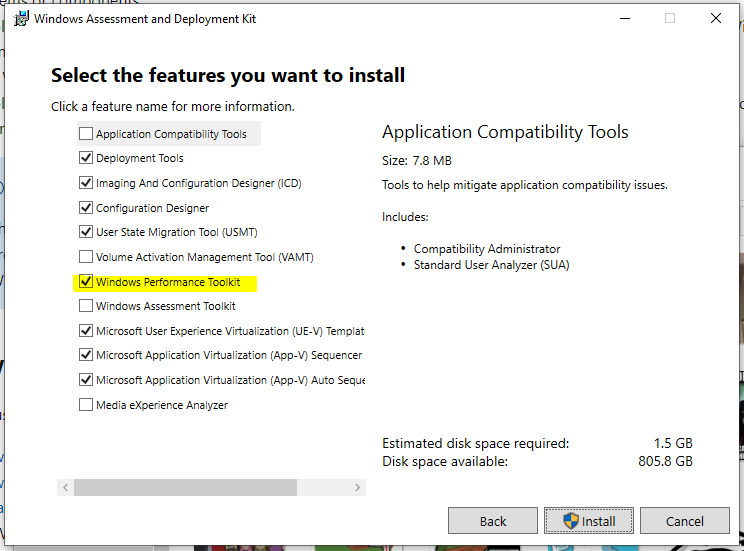PROXIMANOVA-LIGHT.OTF PROXIMANOVA-LIGHTIT.OTF PROXIMANOVA-EXTRABLD.OTF PROXIMANOVA-BOLD.OTFPROXIMANOVA-BLACK.OTF
Get this font in here!
This Article Applies to:
- Avast Small Business Solutions
- Avast Small Office Protection
- Avast Business Antivirus
- Avast Business Antivirus Pro
- Avast Business Antivirus Pro Plus
- Avast Business CloudCare Antivirus
Analyzing Issues
In cases where some Avast processes are consuming more CPU and/or memory than expected, you may need to gather performance analysis data to provide to Business Technical Support.
Before gathering performance analysis outputs, we suggest you verify the following on the affected system(s):
- No other antivirus applications are running alongside your Avast Antivirus
- Running multiple antivirus applications at once will lead to performance issues and, in some cases, BSOD/system crash
- Operating system is up-to-date
- Avast application is up-to-date
- Scheduled or manually initiated Antivirus scans are not currently running, and are preferably scheduled to scan outside of normal working hours
- Any required vendor-suggested exclusions are in place for other applications running on the system
At this point, try to confirm exactly which Avast process is using more CPU/memory, and whether it’s a specific application or a set of applications that run slowly. Also check if the issue can be induced easily or not.
Troubleshooting
The steps here are intended to determine what is causing the issue, rather than providing a permanent fix.
- Disable all non-Avast and non-Microsoft applications from MSConfig and reboot the system. Then verify if there is any change in behavior, as another application could be causing the issue
- Open the Avast Business client and check if disabling any specific component or feature will resolve the issue
- Uninstall components from the policy (if managed) or locally from the device (if unmanaged)
- Reboot the system
- Verify if the issue is resolved
Performance Analysis
You can use this process to help troubleshoot performance issues, such as programs running slowly, on devices running Avast products (Windows 8 and above).
If you do not already have it on your device, you will need to download and install Windows ADK. Windows ADK is usually not installed on a server OS, while workstation OSes such as Windows 8 or 10 should have it installed.
During installation, ensure that only the “Windows Performance Toolkit” feature (highlighted below) is checked. You do not need any other features for this process.

You can determine which set of instructions to use below by navigating to C:\ProgramData\Avast Software\Avast\ and looking for the file profile.wprp. If you have the file, use the first set of instructions. If you do not, use the second set.
If you installed Avast Business on a non-default location, please alter the commands where necessary to use the proper location for your Avast files:
- Launch Command Prompt as an Administrator
- Enter command to start recording:
wpr.exe -start "c:\ProgramData\Avast Software\Avast\profile.wprp"- If you saved
avast-profileas an .xml file, the command would be:wpr.exe -start "c:\ProgramData\Avast Software\Avast\avast-profile.xml"
- If you saved
- Reproduce the performance issue, waiting at least a minute or two to gather data
- Enter command to stop recording:
wpr -stop avast-log.etl - Zip the file
avast-log.etland please upload it using the link shared by the agent (see Submitting Files via Open Case with Support / Manual Upload).
This procedure will not collect any documents or personal information from your device. It records all running process activities to help locate the source of the performance issue.
Other Articles In This Section:
Business Support Remote Sessions
Enabling Debug Logging for Antivirus
Related Articles: